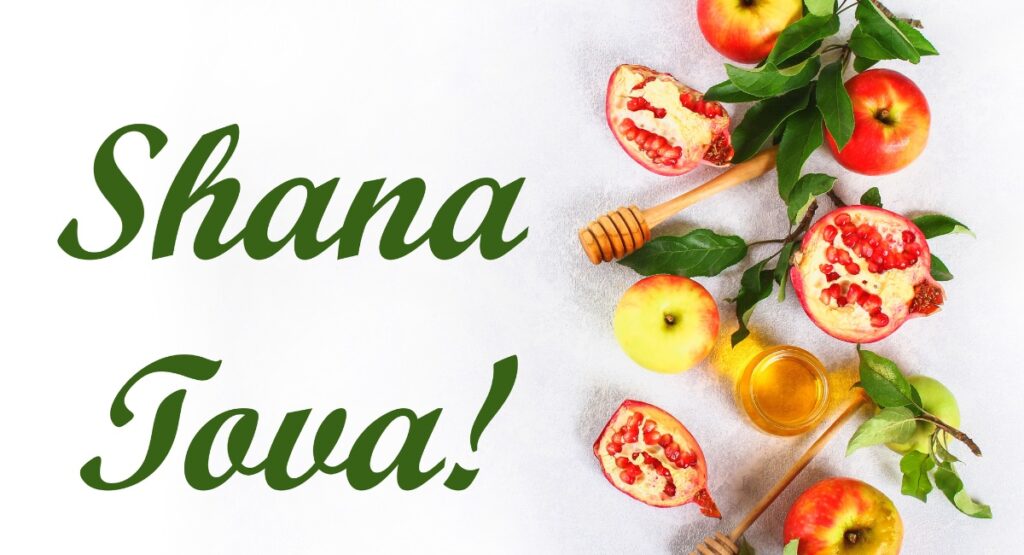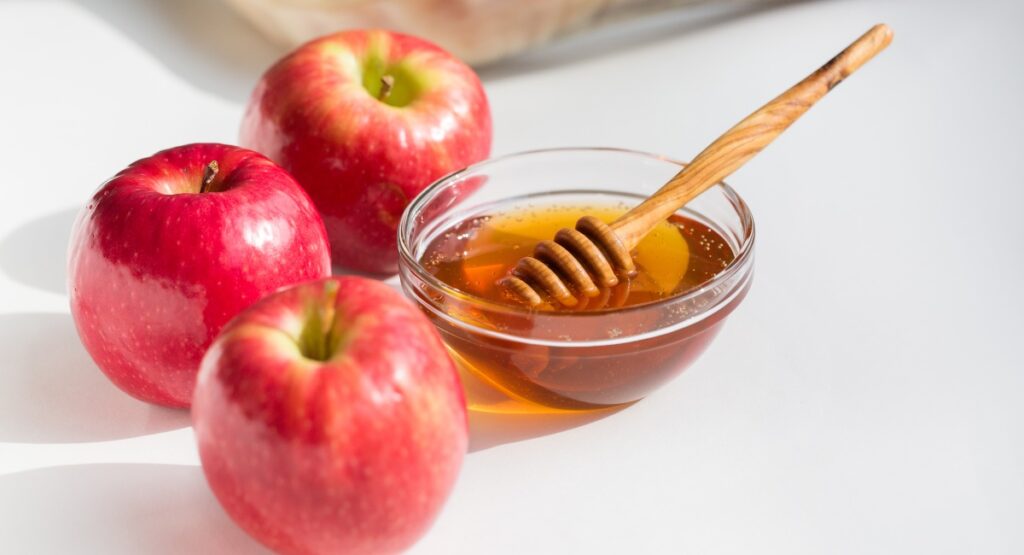Another summer has come and gone. School has started, leaves are changing, and everyone’s getting back into the swing of things. In many ways, fall is a new beginning. While many of us tend to think of the New Year as starting in January, Rosh Hashana, the Jewish New Year, is celebrated in the 7th month of the Hebrew calendar, (Tishrei), which typically occurs around September.

This two-day observance marks the beginning of the High Holy Days (Yom Kippur, 10 days later, marks the end). This has always been one of my favorite times of the year. I’ve always looked forward to helping my grandma make her homemade, matzoh ball soup.
It starts with The Pot; it’s all about the giant, 24-quart, Farberware pot! At its sight, I knew, without fail, it could only mean one thing: a soup making marathon was about to commence; a full day dedicated to the preparation, execution, and packaging of this liquid gold.
Grandma swore by it- the pot, and the soup. Year after year, I watched soup greens, whole chicken parts, water, kosher salt, and lots of love go into that pot and come out as the legendary chicken soup we know and love. The recipe was passed down from her mother and has been a staple ever since.
Growing up in a Jewish/Italian household, saying we put an emphasis on food would be an understatement; while Rosh Hashana doesn’t have as many well-known, food-centered practices as some of the other Jewish holidays per se, there are still rituals commonly shared for this special day.

For example, apples are dipped in honey, symbolizing hope for a sweet New Year. The challah bread is round to represent continuity, or the circle of life.
Pomegranates are also consumed for several reasons. Not only do they tie in with the theme of sweetness, but they are said to contain 613 seeds, which corresponds to the number of Mitzvot, or commandments, in the Torah. This fruit is meant to denote the many good deeds/actions we are to perform in the coming year. Dates, lychee, and star fruit are other popular alternatives chosen for their sweet nature.
Each family can have their own customs and practices which is what makes the holiday special. In my family, we enjoy feasting on the more traditional, as well as others like Wall’s (Bake Shop) cookies, brought to us from my other grandma from Long Island, New York.
In fact, some of my favorite memories have to do with our unique traditions. Although food is very important, let’s not forget that the holidays are a time for being with family and loved ones.
L’Shana Tova! Here’s to a sweet New Year!
By Taylor Wallach, Dietetic Intern, Montclair State University
Sources:



